TurtleTree Labs, a Singapore-based biotech startup that has invited AFN to taste a glass of its lab-grown mother’s milk this spring, has completed its pre-seed funding round.
Alternative protein investors Lever VC led the round. They were joined by Prince Khaled bin Alwaleed bin Talal al Saud’s VC firm KBW Ventures and Silicon Valley investors K2 Global. The investment sums involved were not disclosed on record.
Co-founded by CEO Fengru Lin, CSO Rabail Toor and chief strategist Max Rye, Turtle Tree calls itself “the world’s first cell-based milk company using technology to create real milk from animal cells, with no animal needed.” To imagine the company’s method, think of mammary glands: the parts of an udder or breast that actually make milk. The team are recreating these milk-making glands out of stem cells and feeding them as they grow and lactate, filtering off their excrement while capturing their milky produce. Some might argue that since the milk itself is separated from the glands, it technically makes this non-GM dairy — an interesting debate for food philosophers and regulators alike; the glands themselves obviously are a feat of genetic tweaking, but no one is actually consuming those.
In a recent phone interview with AFN, the Turtle Tree founders spoke of the sheer variety of milk they are capable of cultivating from animal stem cell formulations. They said they had one project lined up with the Smithsonian Institute to cultivate snow leopard milk for orphaned cubs.
Asked whether a freshly-cultivated cup of snow leopard milk would, therefore, also be made available as a taster to guests alongside lab-grown glasses of cow’s milk and human milk that will be proffered at an official unveiling this April, Rye replied that he would “rather the snow leopard milk goes to the cubs who need it.”
Saving snow leopard cubs
Futurists may wonder at this point whether the world truly has an unquenched craving for cultivated snow leopard milk. But that is not exactly what TurtleTree and its investors are counting on. This sort of eye-catching, cub-saving dairy creation is more a showcase for a widening creative scope in the cultivation space. Companies like Turtle Labs envision a world where it is possible to engineer hybrid forms of milk, butter, yogurt or cheese — fortified, or even personalised — with wide nutritional or taste variations.
The main, present obstacle for sweeping visions like these is a twin pricing and scaling difficulty. TurtleTree shares these challenges with other cultivated dairy companies like Perfect Day, whose ice cream this reporter first tasted back in November in Singapore. In contrast to TurtleTree’s technique, Perfect Day’s ice cream is made from inserting certain genes vital to cow milk into specific microflora and then fermenting these in a bioreactor.
Granted, the pursuit of price parity is not unique to cultivating dairy; it is holding back meat growers too. Notwithstanding remarkable cost improvements of late with everything from steak to pork chops, it still costs too much — as AgFunder highlighted in its recent White Paper on alternative proteins. Other obstacles are government regulations and consumer wariness.
A Brave New Breast Milk?
Human milk is one of the first areas where the TurtleTree team reckon they can draw close to price parity with the incumbent producers. The infant and baby formula industry offer higher price points than other dairy products like milk or cream; the team says its technology can also compete here by offering increasingly comprehensive nutritional and environmental benefits. Even at the time before babies get weaned off their mother’s breast and onto formulas and other food, Turtle Tree sees an opportunity: There is an existing trade where donors provide milk for premature or sick babies whose mothers’ milk production may not have started. And even for when mothers do produce milk, the team says that during the first few months, there is a large market of mothers who may struggle to produce enough milk for their child, or their milk may sometimes even lack vital nutrition.
In her interview with AFN discussing the funding deal and her company’s scientific progress, CEO Lin said the genes of her stem cell formulation can be adapted to pack in an evermore optimised and personalised nutritional profile. “The shelf life is just like real milk,” she said, describing her current prototypes. One advantage already exists between her bovine milk prototypes and most milk products sourced from cow farms in Asia, she noted: “No hormones.” (She said she had learned first hand about some of the quality problems endemic in Asian cow farming first hand during earlier attempts to become an amateur cheese maker.)
Her team’s technology has moved a long way on from cheese. “We’re able to source stem cells from four parts,” she said, listing those drawn from mammary glands and milk, as well as two others which she did not reveal on record due to them still being patent pending.
It is perhaps getting ahead of present tech limits to make this assumption, but one logical conclusion of this process could well be what you could call a Brave New Breast Milk — a milk that is personalised to the point that it becomes an even better offering than what / surpasses anything a mother could naturally provide, supplementing or even supplanting a parent’s milk. And as costs potentially go down far enough with improved industrial production techniques, the attention of TurtleTree could widen to other milk products. What it does with cow milk, it could theoretically do with camels, goats, sheep, kangaroos, koalas … the list goes on.
“What TurtleTree Labs is doing is fascinating, and their technology could be a serious disruptor in the global dairy industry.” said Nick Cooney, founder and managing partner at Lever VC, in a press release sent to AFN over the weekend. “They are the first company in the world producing real, whole milk from cell cultivation—which opens the door for safer, healthier and customized dairy products that can be produced with far fewer natural resources.”
A royal endorsement
Another backer is the founder and CEO of KBW Ventures, Saudi Arabia’s Prince Khaled bin Alwaleed bin Talal Al Saud. The prince is a long-time vegan and environmentalist who was an early-stage investor in plant-based protein producers like Beyond Meat and Just. His venture arm, which is listed in Dubai rather than Saudi, has also made interesting bets on companies like the plant-based gelatin makers Geltor. The closest accompaniment to TurtleTree in his portfolio so far is Prolacta Bioscience.
“KBW Ventures’ interest in TurtleTree stems from both from the team’s vision and the company’s strategic approach to the future of food using stem cell technology,” said the prince in a statement. “Having spent time with the founding team in Singapore, we have a lot of confidence in TurtleTree’s progress as a biotech company and in the direction they are taking from a business perspective.”
Speaking to AFN about how she plans to meet these sorts of royal investor expectations, Lin said her company would be putting the funding to work by building out her scientific team and creating additional prototypes. One hire she was keen to underscore was the hiring of Dr Jonathan Loh Yuin-Han as the firm’s chief innovation officer. His research background encompasses cell fate engineering, cellular reprogramming, and regenerative medicine, among other fields of stem cell technology.
What is your view on cultured milk products? Any thoughts and tips, drop us a note at [email protected]

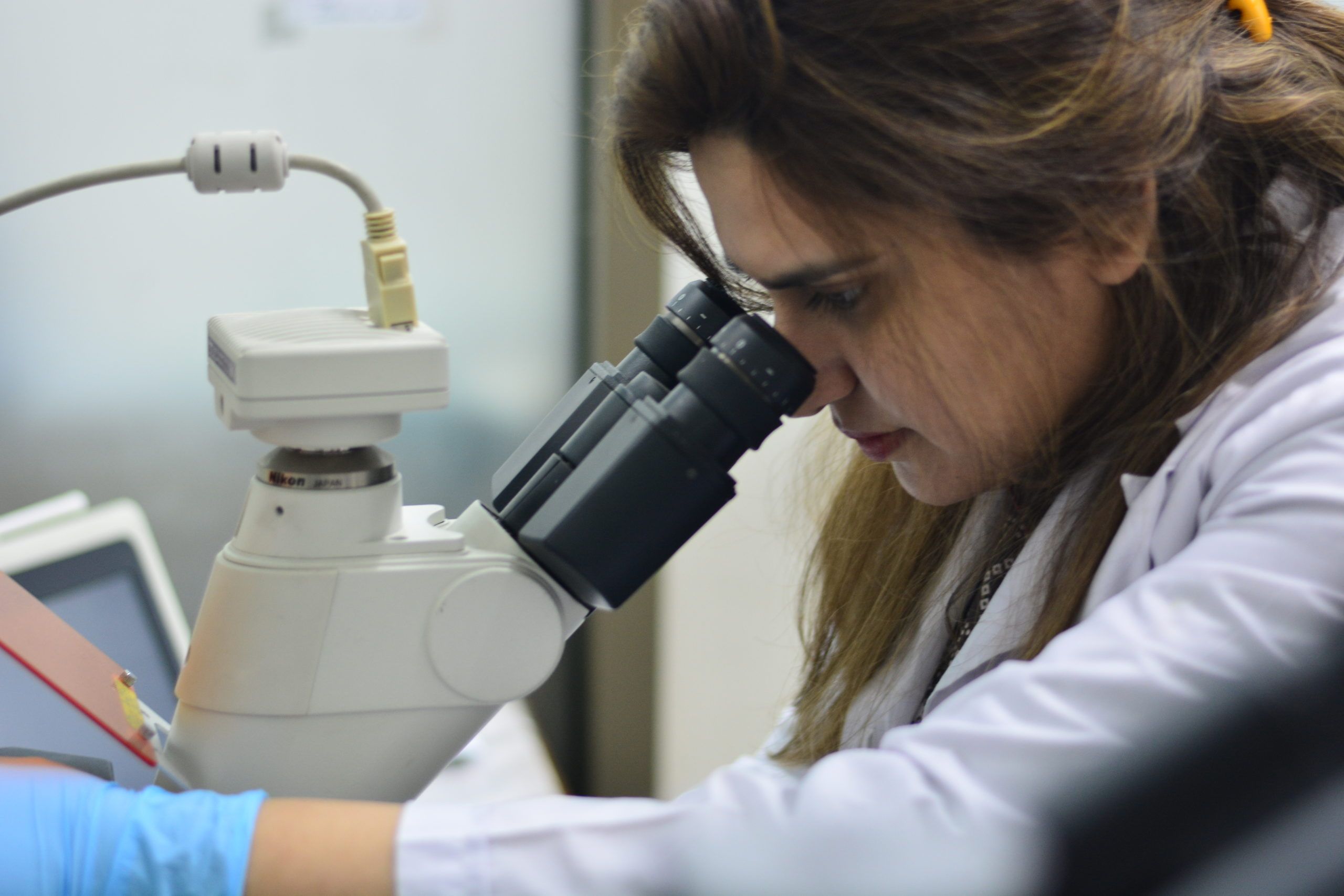
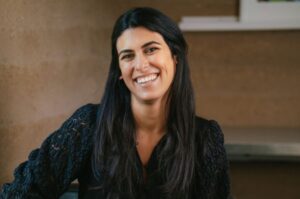
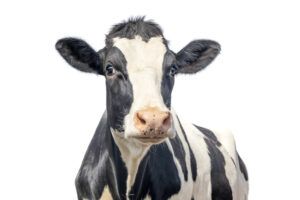
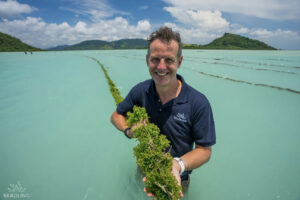

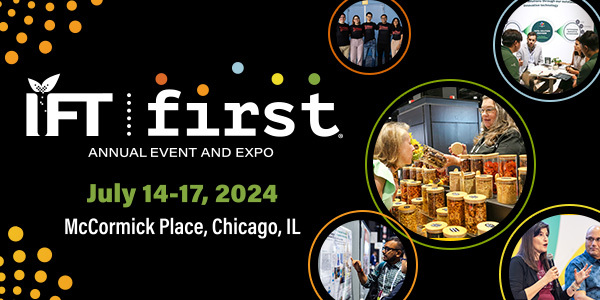
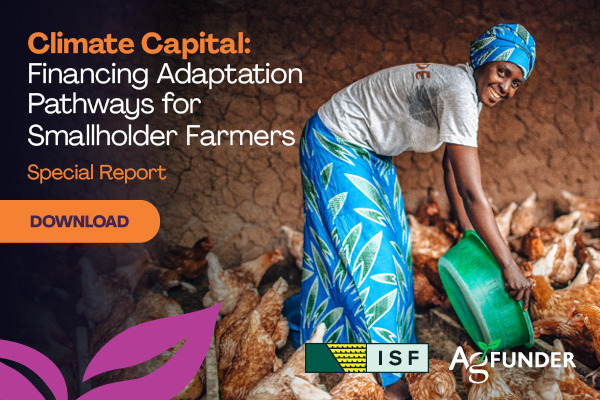
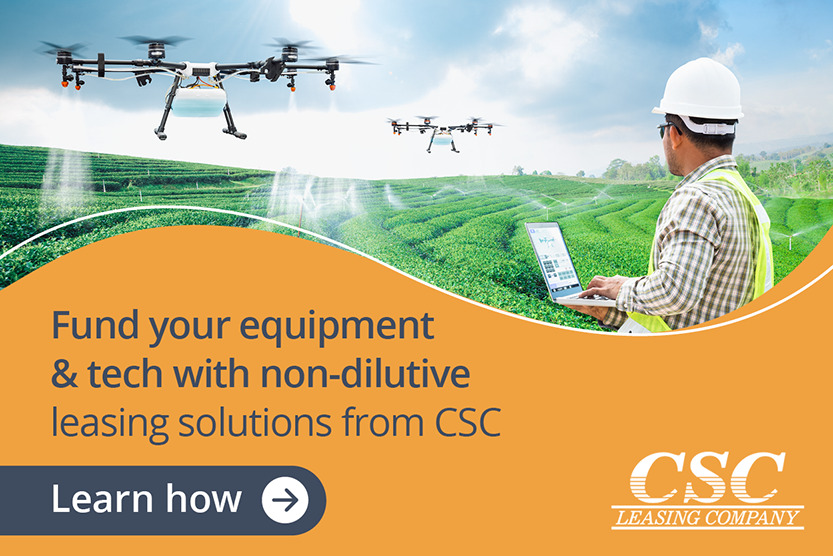


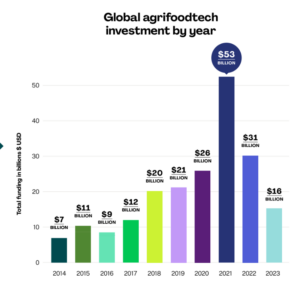
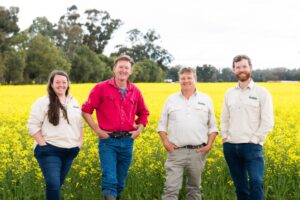


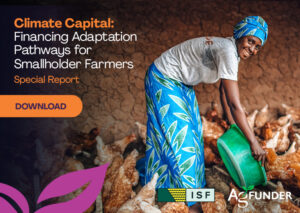

Sponsored
International Fresh Produce Association launches year 3 of its produce accelerator